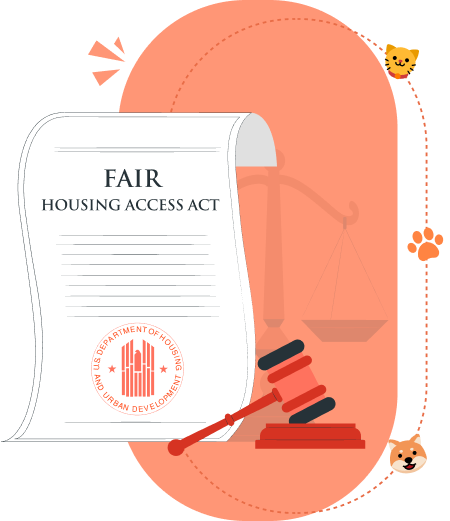How New Hampshire Law Supports Workers With ESAs
Under RSA 354-A, employers must consider reasonable accommodations for qualified employees with disabilities. That review is interactive and case-by-case: while state guidance focuses primarily on service animals, an ESA can be proposed as an accommodation when it helps the employee perform essential job functions or access the workplace.
Workplace Realities & Limits
ESA access at work is not automatic. Employers may decline an ESA if it would create a direct health or safety risk, significant disruption, or undue hardship (e.g., allergies in close quarters, sanitation issues, or operational constraints). Expect to provide reliable documentation of disability-related need, and note that an employer may offer alternative accommodations if they are effective and less burdensome.
Pricing
PSD Letter
Reviews
ESA By States
ESA Laws
Resources


